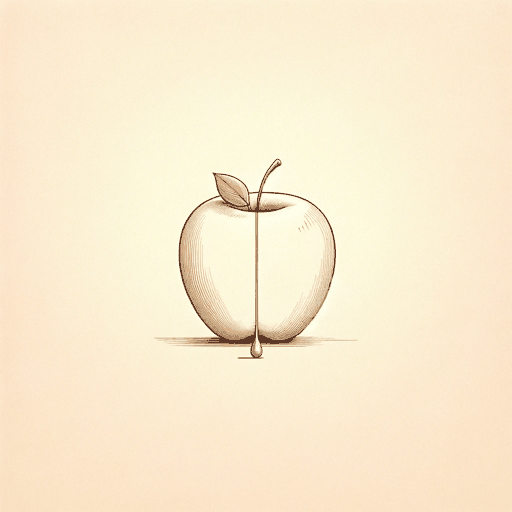19 pages • 38 minutes read
Lucille Cliftonwishes for sons
Fiction | Poem | Adult | Published in 1987A modern alternative to SparkNotes and CliffsNotes, SuperSummary offers high-quality Study Guides with detailed chapter summaries and analysis of major themes, characters, and more.
Literary Devices
Form and Meter
Lucille Clifton’s poem “wishes for sons” is an 18-line free verse poem, meaning that there are no consistent patterns of rhyme, rhythm, or meter throughout the entirety of the piece. The poem contains four concise stanzas, or groupings of lines, in which the speaker wishes the experiences of menstruation and menopause onto young men.
The most distinct element found within the form of Clifton’s “wishes for sons” is her avoidance of capitalization. The poem, already stark with 18, short lines of verse, lacks any type of traditional capitalization. Neither the word “i,” denoting that the speaker is talking in the first person, nor the title of the poem are capitalized. This move does not make the poem feel unfinished but rather strips away any distraction that might cause readers to stray from the poem’s deeper meaning. Clifton’s uncapitalized poem feels more casual and conversational as a result, creating a natural flow (not unlike that of a period) that leads readers quickly to the final stanza and Clifton’s interrogation of female healthcare and experiences with pain and bloodshed.
Related Titles
By Lucille Clifton
Featured Collections
Books on Justice & Injustice
View Collection
Challenging Authority
View Collection
Childhood & Youth
View Collection
Coming-of-Age Journeys
View Collection
Equality
View Collection
Fear
View Collection
Feminist Reads
View Collection
Mothers
View Collection
Poems of Conflict
View Collection
Poetry: Perseverance
View Collection
Power
View Collection
Pride & Shame
View Collection
Short Poems
View Collection
The Best of "Best Book" Lists
View Collection
Valentine's Day Reads: The Theme of Love
View Collection






